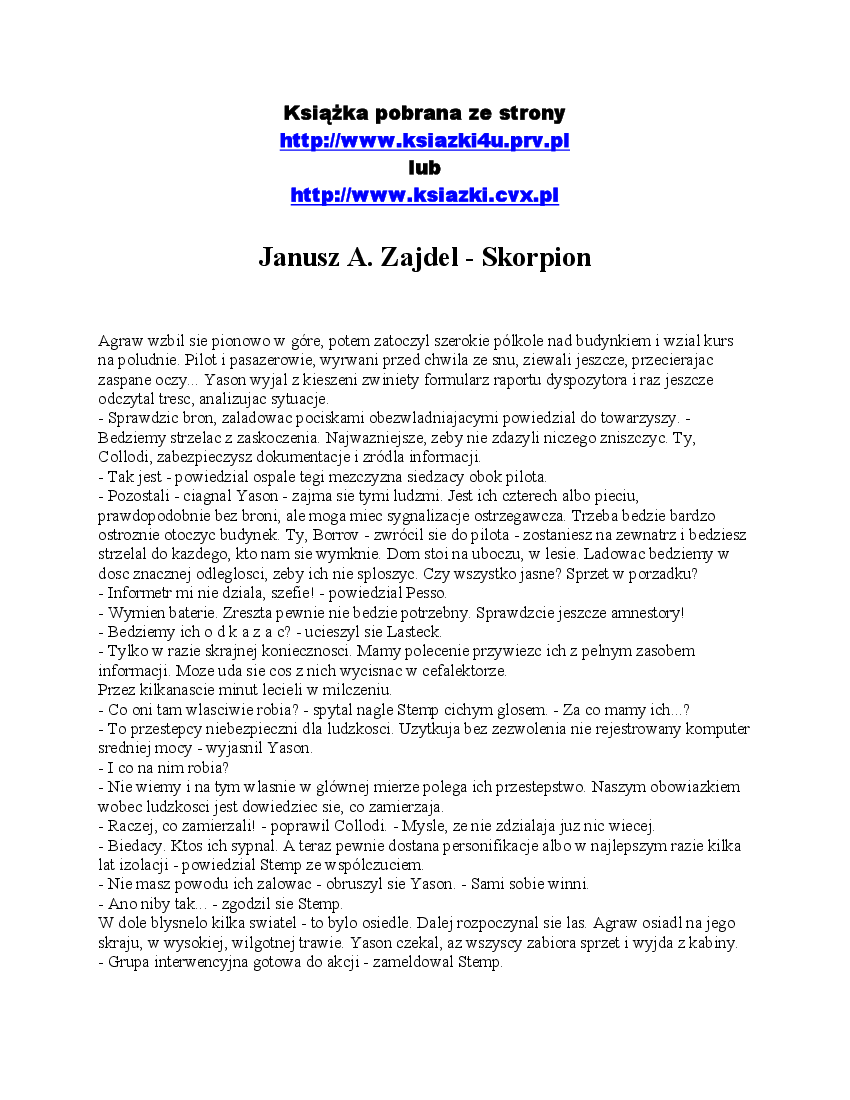
The words quoted are from the preface to volume 1 of The Atlantic Edition of the Works of H. Wells (Manchester: Manchester University Press, 1961), 187-214.ĥ. The text of The Chronic Argonauts (originally published in three issues of the Science Schools Journal in the spring of 1888) is most readily available in Bernard Bergonzi, The Early H. (Berkeley: University of California Press, 1975)-subsequently referred to in the body of my text and below as EW.

Wells: Early Writings in Science and Science Fiction, Philmus and David Y. "Fairly Launched At Last" is the title Wells gives to chapter 8 of his Experiment in Autobiography (1934).Ĥ. To Parrinder's list might be added The Time Machine and The Island of Doctor Moreau as re-visions of William Morris's News From Nowhere (1891) and Book IV of Gulliver's Travels (1726), respectively.

Wells, Science Fiction, and Prophecy (Syracuse: Syracuse University Press, 1995), 100. For a short catalogue of Wells's rewrites of other authors, see Patrick Parrinder, "Utopia and Meta-Utopia," Science-Fiction. (Evanston: Northwestern University Press and The Newberry Library, 1971), 261.Ģ. The epigraph comes from the chapter (18) headed "Pierre, as a Juvenile Author, Reconsidered": Pierre or, The Ambiguities, Harrison Hayford, Hershel Parker, and G. Finally, all the phenomena are viewed in the light of the postso cia listic advocacy of “urban humanism”, le giti mised chiefly by the postsecular reluctance towards an external, metaphysical or anyhow paradigma tic truth – and epitomised as the most important topics of the postmodern anthropology of literature.ġ. Simultaneously, it is examined how in the “internally co he rent” (Max Weber) world of the book one can observe the effects of “empirical inertion” (Lem) or alethic ambiguity that prevents dystopian autochthons from differing an eutopian dream from a dystopian lie. With regard to author’s own nomenclature (with the figure of The Lord of Logos atop), article follows a scrutinised reinterpretation of Limes inferior that would edify the relevance of its plot in our empirical context. The core analysis is premised on depicting major – for dystopian studies – ideas from most brilliant Zajdel’s novel, Limes inferior, which contribute to eponymous concepts of “mono-polis” and “socioinvolution” whereof briefly wrote another famous Polish novelist, Stanislaw Lem, in his Fantasy and Futurology treatise.

Considering the variety of dystopian motifs and philosophical framework of his oeuvre, it is stressed that Zajdel’s social fiction should be universally acknowledged not only as a legacy of the greatest dystopian fiction (Zamiatin, Huxley, Orwell) but also as an actual – though precursory – reflection on anthropological a nd philosophical principles of post modern attitude towards the nature of humanism. Zajdel in instaurating the genre of social fiction in Poland. The article emphasises the role of Janusz A.


 0 kommentar(er)
0 kommentar(er)
